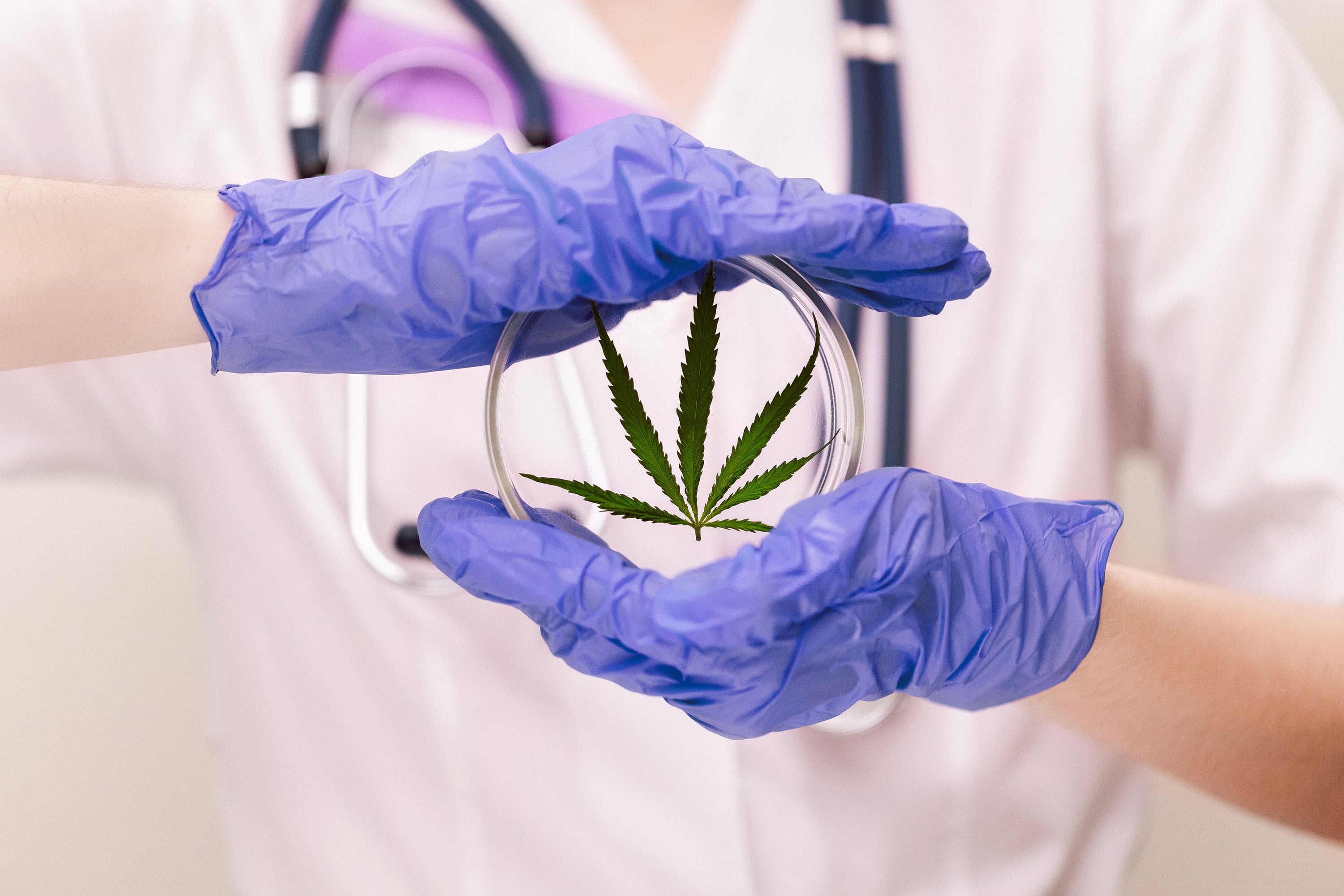
The Potential of Cannabis in Reducing Opioid Use and Managing Withdrawal Symptoms: Insights from a Federally Funded Study
The Florida Healthy Alternatives Association (FHAA) is thrilled to share the findings of a groundbreaking study that investigates the potential benefits of cannabis in helping individuals with substance misuse disorders reduce their opioid use and manage withdrawal symptoms.
Conducted by researchers at the University of Southern California (USC) and partially funded by the National Institute on Drug Abuse (NIDA), this federally funded study adds to the growing body of scientific literature that underscores the therapeutic potential of cannabis in combating the opioid epidemic.
Published in the journal Drug and Alcohol Dependence Reports, the study recruited 30 individuals in Los Angeles from a community site near a syringe exchange service program and a methadone clinic. The researchers aimed to explore the relationship between cannabis consumption and opioid injection. Over nearly a year, from July 2021 to April 2022, participants were interviewed to understand how cannabis affected their opioid use.
“Cannabis provided rapid relief from opioid withdrawal, reducing the frequency of opioid use,” the study revealed.
Key findings indicate that cannabis co-use helped participants develop patterns of reduced opioid use by: 1) maintaining opioid cessation and/or adhering to opioid use disorder treatment by managing cessation-specific symptoms, 2) managing symptoms of opioid withdrawal episodically, and 3) decreasing opioid use due to the low barrier accessibility of cannabis. Participants reported using cannabis to manage withdrawal symptoms such as body aches and generalized discomfort, leading to decreased opioid injection frequency.
The study also highlighted the importance of easy access to cannabis. Participants preferred obtaining cannabis from licensed dispensaries and appreciated the increased number of retail locations in their areas, linking this accessibility to positive changes in their opioid use.
"Using cannabis to provide rapid and ongoing relief from opioid withdrawal symptoms led to less frequent opioid use," the study noted. Furthermore, "Low barrier access to cannabis due to legalization facilitated co-using to decrease opioid use."
The researchers concluded that distributing cannabis through peer programming could significantly influence opioid use patterns. They also suggested that adding cannabis as an option in opioid treatment alongside existing medications "may improve efficacy of uptake and treatment outcomes and goals."
The report included interview transcripts that speak to these findings. Here are some examples:
- 26-year-old male: “I was really trying to get off of opiates, and using weed really helps to not have the first urge to use opiates. When you're addicted and you have a habit, then you have to use opiates. But when you don't have a habit, and you're not getting sick from it every day when you're smoking weed, it gets you over the hump and that urge to get high for the first time. And that's what's so special [about] weed.”
- 32-year-old male: “When I was clean with methadone, I tapered down [my methadone], but I was using methadone and marijuana only. And that helped me stay clean, and then I used marijuana after I completely went off all opiates. And it did help me stay away from it.”
- 26-year-old male: “[S]ome people can use pot to stay off of it. Whereas doctors will say, 'Oh no, it's not true. People that use pot, they're just jonesing to get high.' Some people really use weed as a maintenance to stay off opiates. I truly believe that. And doctors need to look into it and start really being okay with that…Marijuana, maybe this is a real thing.”
The FHAA recognizes the potential of cannabis to provide new avenues for reducing opioid use and managing withdrawal symptoms, offering a safer alternative for individuals struggling with substance misuse disorders. However, the association also emphasizes the importance of further research to substantiate these findings and ensure the safety and efficacy of cannabis as a therapeutic option.
The FHAA remains dedicated to advocating for policies that prioritize public health and safety while recognizing the therapeutic potential of cannabis in the ongoing battle against the opioid crisis.




